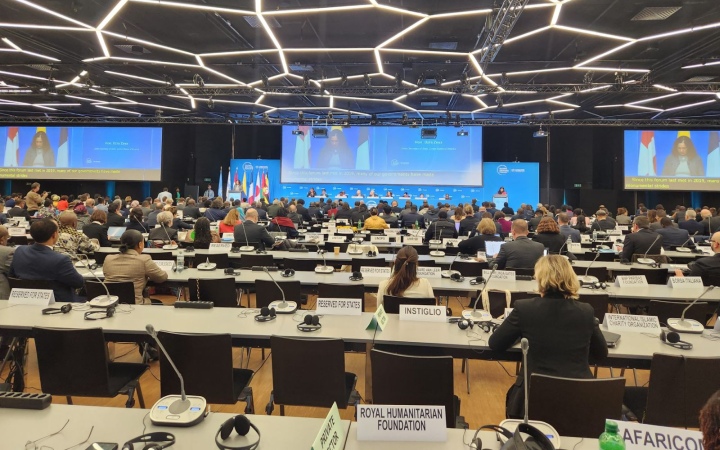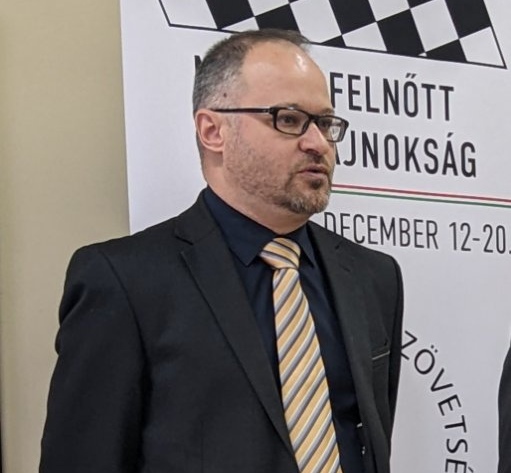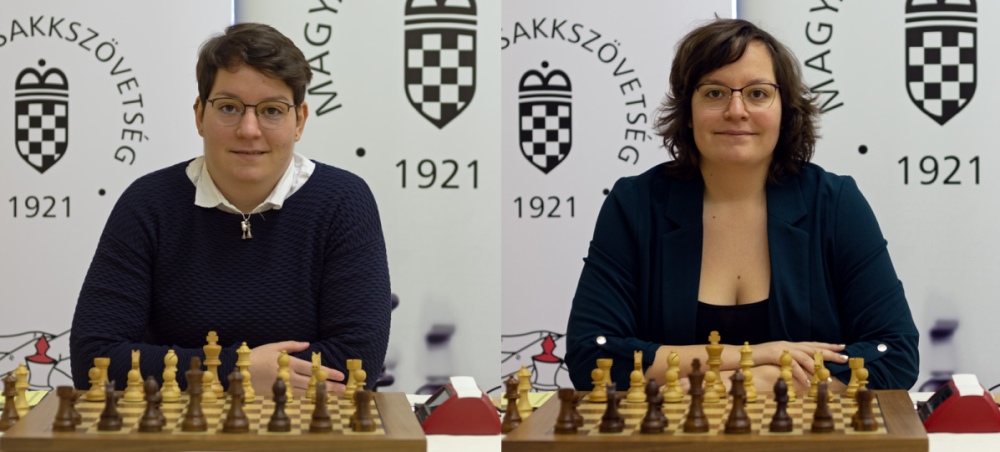Verica Nedeljković (94), the world’s oldest woman Grandmaster and a respected academic, passed away on December 13, 2023, in Belgrade
Born Verica Jovanović-Tošović on September 16, 1929, in Pridvorica near Chachak (Čačak) in central Serbia, she will be remembered for her achievements both on and off the chess board.
An exceptional student, Nedeljković pursued mechanical engineering at the University of Belgrade, graduating in 1955 as Yugoslavia’s first female shipbuilding engineer. Her remarkable career in academia paralleled her achievements in chess, where she excelled as a player and later as a lecturer at the University of Belgrade.
Her passion for chess developed during her schooling days in Čačak, where she first learned the game. Moving to Belgrade in 1948 for further studies, she joined “Red Star” (“Crvena Zvezda”), a club that became an integral part of her life’s chess journey.

Nedeljković’s ascent in the chess world was marked by numerous historic milestones. She won the title of National Master in 1950 (after winning the Yugoslav championship for women in Skopje) and later the title of International Master (after winning the Zonal tournament in Herceg Novi in 1954). She became a Grandmaster in 1977 after taking second place at the Women’s Candidates in Plovdiv (Bulgaria). Her result in Plovdiv was the biggest success of Yugoslav women’s chess until Milunka Lazarevic and Alisa Maric.
Throughout her illustrious career, Nedeljković amassed an impressive array of championships and honors, including – being a six-time women’s champion of Yugoslavia, winner of four Western-European Zonal tournaments and had five consecutive appearances at the Women’s Candidates(!) – from 1955 to 1967.
In her active years spanning from the 1950s to the early 1970s, Nedeljković became the first to put into question the almost unchallenged dominance of Soviet women in chess. Notably, she maintained even scores against World Champions Elisaveta Bykova (1.5:1.5) and Nona Gaprindashvili (3.5:3.5) and a lead against Olga Rubtsova (1.5:0.5).
Her contributions extended beyond individual achievements. Nedeljković played an integral role in Yugoslavia’s Olympic success in women’s chess, securing a silver medal at the Split Olympiad in 1963. Her remarkable performance, winning all 12 games played, remains an unparalleled feat in the annals of women’s chess. She also played second board at the 1963 Olympiad in Oberhausen (Germany).
Outside the chess arena, Nedeljković pursued a distinguished academic career at the University of Belgrade, contributing significantly to the Department of Material Resistance at the Faculty of Mechanical Engineering. Her published works and co-authored scientific research papers stand as enduring testaments to her scholarly contributions.

Nedeljković’s accomplishments were duly recognized with an array of honors and awards, underscoring her immense impact on Yugoslav and Serbian sports. Notably, she received the “National Sports Award” from the Government of the Republic of Serbia in 2007, cementing her enduring legacy.
She was married to the renowned Yugoslav International chess master Srećko Nedeljković (who passed away in 2011). Their joint dedication to chess was evident in their support for the sport, sponsoring tournaments and nurturing young talents.
Verica Nedeljković’s legacy remains engraved in the history of chess, academia, and sports in the former Yugoslavia. Her impact on the world of chess, coupled with her groundbreaking contributions to academia, ensures that her memory will endure as an inspiration for generations to come.











 WIMs Julianna and Zsuzsanna Terbe
WIMs Julianna and Zsuzsanna Terbe
